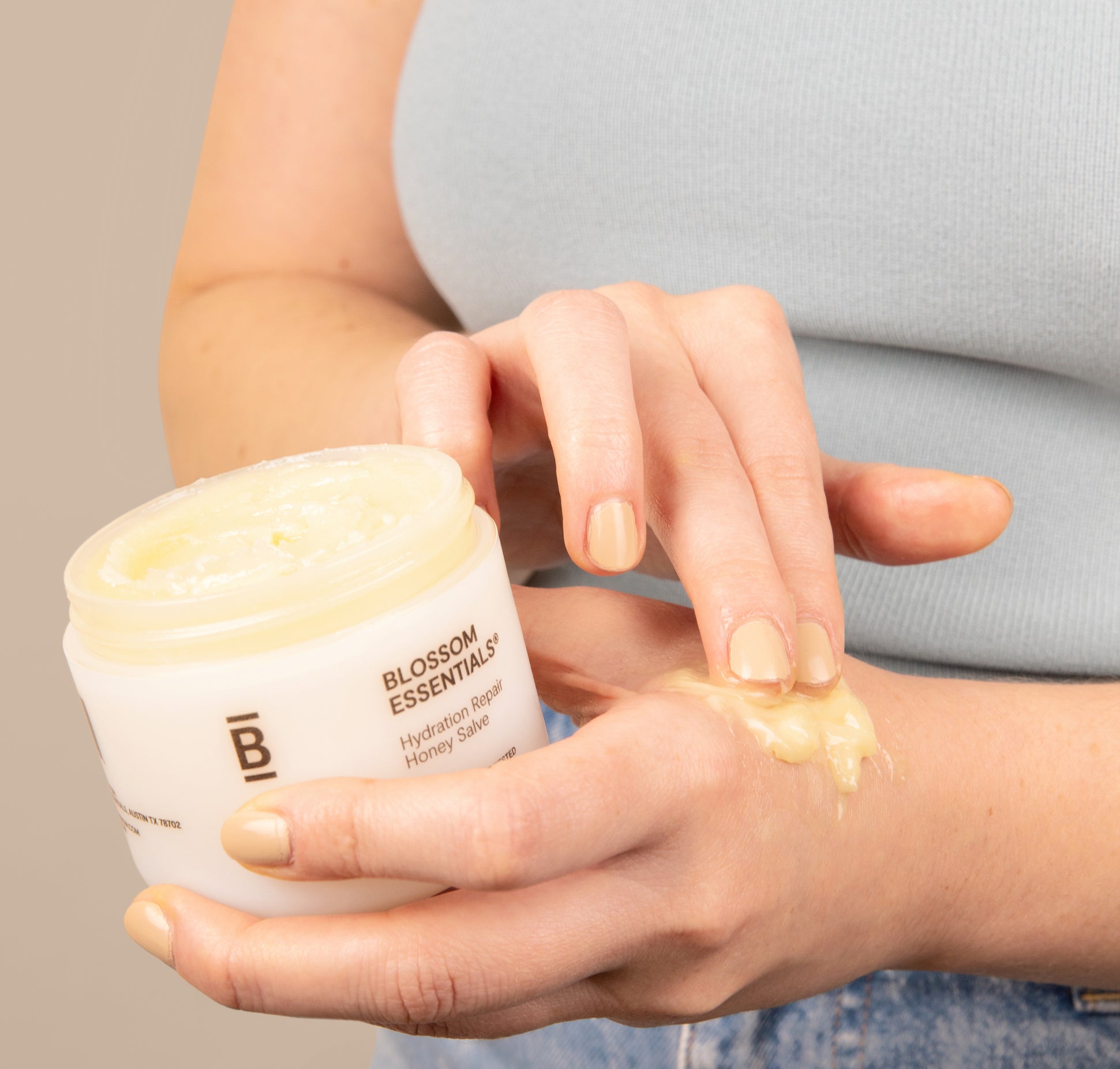

How Can We Prevent Wounds from Scarring for Beautifully Healed Skin?
Scars are part of the natural healing process of our wounds. However, we sometimes can’t help but become affected by how scars can change our bodies. Research in IJBT concluded that plastic surgeons should pay more attention to patients’ psychological conditions while repairing scars, as scars can not only cause unwanted appearance changes, pain, and discomfort but also affect the skin function and psychological health.
Thankfully, there are different forms of self-care that we can do to prevent our wounds from scarring altogether! Many of these are basics in wound care too. Sounds intriguing? Keep reading for more.
Keep the wound clean
Keeping your minor injuries protected with antibacterial cream and bandages can help speed up healing and ward off debris. This can decrease the chances of scarring because debris, bacteria, or other impurities in open skin can trigger infection and extend the inflammation period of healing. This affects the next period, or proliferation, when the skin and vessels create new cells so that a scar occurs during maturation.
However, some may tend to over-clean their wounds, which is equally unrecommended. That’s because overcleaning wounds with saline can dry them out, which can also cause the wounds to be inflamed.
Hydrate your skin
A moist environment can actively support the healing response by enhancing collagen synthesis. This can be difficult to achieve when living in cold climates where skin dries out and compresses.
Ice crystals can even form in the skin in freezing temperatures, resulting in severe wounds and scarring. ACS defines this injury as frostbite and describes how medical professionals can prescribe antifreeze creams to keep the skin hydrated and reduce tissue damage or inflammation so that healing can be sped up with reduced scarring.
In these circumstances, immediate wound care is necessary. Utah’s remote nurse practitioners help treat skin concerns via remote technology, especially during severe winter temperatures. They can immediately guide patients through treating their wounds, like using a bag of frozen vegetables to prevent ice burn and recommending suitable hydration creams and medication for different skin types. For everyday maintenance, consider using our Honeybutter, a hydration repair honey salve specifically for sensitive skin, which can be quickly shipped to your door.
Avoid scratching or picking
We’ve all been guilty of scratching or picking at healing scabs and wounds, especially acne. However, as our previous article on The Underlying Causes of Adult Acne details, picking and popping can lead to an infection and the enhanced inflammation can develop scarring. It is best to leave the picking to the experts, as seen in the case where licensed dermatologists in California treated acne scars in 46 subjects at the La Jolla Cosmetic Laser Clinic using laser therapy. By the end of the treatment, patient satisfaction was high, with patients having completely relaxed at the hands of the professionals, and neither hypo nor hyperpigmentation nor scarring was reported.
Avoid products containing topical vitamin E
Many scar prevention creams claim to contain vitamin E, which can help reduce scarring. However, this has not been proven in a high-quality study, and topical vitamin E can even cause contact dermatitis, where irritation and itchiness occur and could worsen any scar appearance. It's best to keep it simple with a natural hydrating balm (We opt for our Hydration Repair Honey Salve) and sunscreen. The latter is because scar tissue is more susceptible to alterations in appearance by UV light. Combining the two can thus protect the skin while keeping the tissue adequately hydrated.
With the tips above, your wound can properly heal for smooth and glowing skin. Check out our other blogs on Blossom Essentials and even our natural catalog of hydration products, and you can blossom into your best self today!
Article written by Riley Jenna
